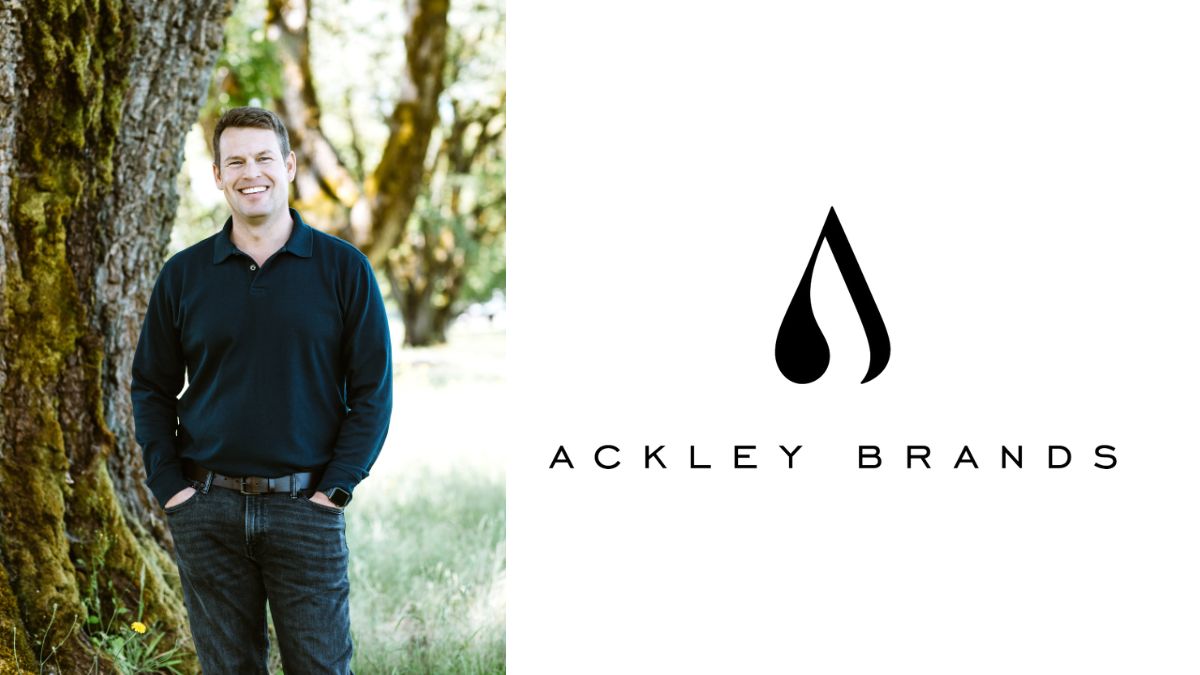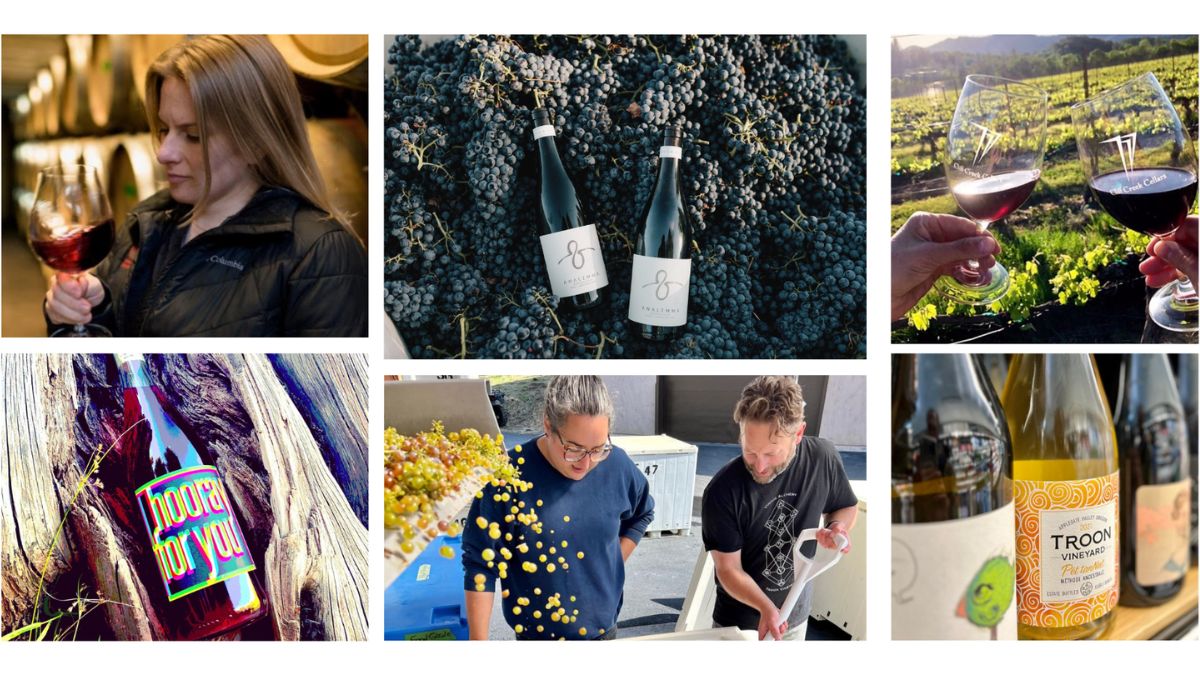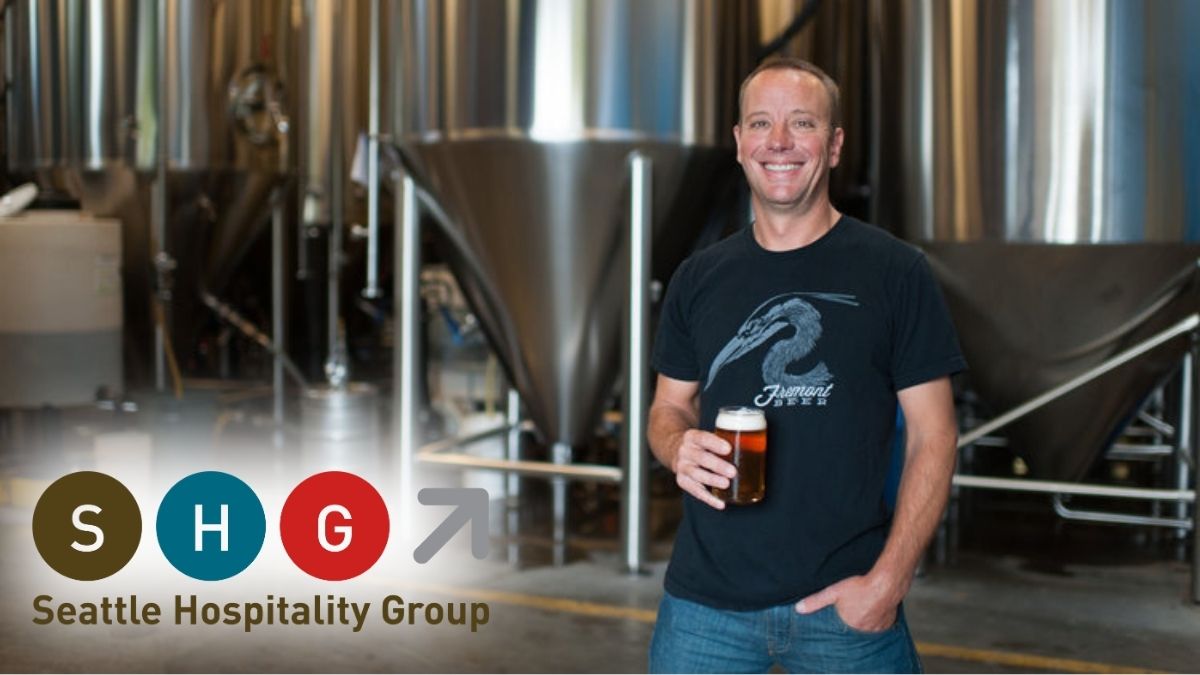The gold standard in organic agriculture is to be certified as Biodynamic® by Demeter USA, and King Estate Winery in Eugene, Ore., is now officially “in conversion” to Biodynamic status. The process should be complete later this year, making King Estate, at 1,033 acres (465 planted with grapes, or under vine), the largest Biodynamic vineyard in the United States and one of the largest in the world.
“It’s important to our family that King Estate Winery lives its philosophy of respecting our land,” says Ed King, winery Co-founder and CEO. “From 10,000 B.C. to 1945 A.D. all agriculture was organic. Our obligation is to future generations.”
King Estate has been certified organic since 2002 by Oregon Tilth, an internationally recognized certifying body and the third largest organic certifier accredited by the U.S. Department of Agriculture. Converting to Biodynamic status is a major step forward in the company’s commitment to sustainability.
“In conversion” means that King Estate is following biodynamic practices, submitted a successful application, passed an inspection, and has a timeline for full implementation. With 16 Biodynamic vineyards ranging in size from 10 to 286 acres, Oregon is already home to more than 20 percent of the Biodynamic vineyards in the U.S. before King Estate is added. King Estate will increase the number of Biodynamic vineyard acres in Oregon by more than 50 percent.
With its longstanding commitment to taking care of the environment, King Estate alreadyboasts a strong record of sustainable practices:
– No synthetic chemicals – herbicides, fertilizers or pesticides – are used on its property.
– A protected natural habitat composed of 150 acres of marshes, a riparian corridor and a remnant of wet prairie is home to up to 200 species of native wildlife including several listed as rare, threatened or endangered.
– Within the 150 acres are 40 acres of mostly native oak woodlands, among the most endangered ecological communities in the Pacific Northwest.
– In partnership with nearby Cascades Raptor Center, the property serves as a release site for orphaned and rehabilitated birds of prey. These native wild raptors also aid in pest control by reducing the numbers of rodents and birds that eat grapes.
– 4,144 solar panels are installed on four acres, producing enough power to meet the needs of 100 homes a year and eliminate more than 38 million pounds of carbon dioxide over the next 25 years.
Organic certification applies to all 1,033 acres of the estate as well as to the winemaking process, the winery and the grapes.
So what is Biodynamic anyway, and what makes it different from organic?
Biodynamic holds agriculture to a higher standard. For example, while the USDA, which operates the National Organic Program, allows individual parcels within a farm to be certified organic, Demeter requires that entire farm be certified. Demeter goes further than the USDA by requiring that:
– 10 percent of the total acreage be set aside for biodiversity purposes;
– fertilizers are generated on the farm itself with only a limited amount brought in;
– to the greatest extent possible, pest, disease and weed control and livestock feed all come from the farm itself. This is accomplished through the use of nine preparations, a hallmark of the Demeter process, that are made from herbs, minerals and animal manures that are used in sprays and compost to:
- revitalize the soil,
- stimulate root growth,
- enhance the development of microorganisms and the formation of humus (the dark organic material in soils produced by the decomposition of vegetable or animal matter), and
- aid photosynthesis (the process by which green plants use sunlight, carbon dioxide and water to produce oxygen, glucose and water).
Named for the Greek goddess of agriculture, Demeter was formed in Europe in 1932 following a series of lectures to a group of European farmers by noted scientist Rudolf Steiner, who also founded the Waldorf School. These farmers had asked Steiner for guidance because they were noticing a rapid decline in seed fertility, crop vitality and animal health that corresponded with the rise of industrial agriculture and factory farming. Steiner urged farmers to think of their farms not as factories but as living organisms: self-contained, self-sustaining and able to meet their needs out of the living dynamics of the farm itself. Today this is called regenerative agriculture. Operating in 50 countries, Demeter remains the world’s oldest ecological certification organization. Demeter USA was established in 1985 and is headquartered in Corvallis, Oregon.
Demeter’s vision is to heal the planet through agriculture. King Estate Winery embraces that vision, and with it a healthier future for the planet and its people.
About King Estate: King Estate, celebrating its 25th anniversary this year, is located southwest of Eugene, Ore., at the southern tip of the Willamette Valley. Founded in 1991 by the King family, King Estate is committed to producing wines of exceptional quality under sustainable farming methods, organic certification with Oregon Tilth, and is in transition to Demeter USA’s Biodynamic standards. King Estate focuses on producing world-class Oregon Pinot Gris and Pinot Noir, and wines from the inland growing regions of Oregon and Washington under its North by Northwest label. To this day, King Estate is owned and operated by the King Family.






